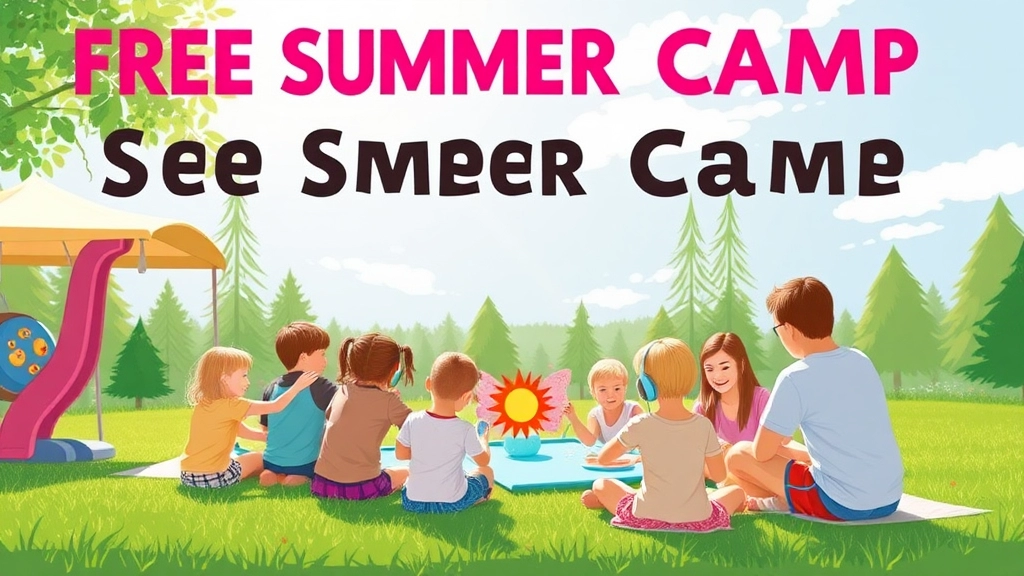Exploring Free Summer Camps
Summer is the perfect time for kids to explore new interests, make friends, and have fun, but finding the right activities can be a challenge. Enter free summer camps—a fantastic opportunity for families looking to enrich their children’s summer without breaking the bank. In this article, we’ll explore the diverse types of free summer camps available, how to find them, and the benefits they offer. From sports to science, there’s something for every child.
Finding the Best Camps
We’ll guide you through the process of identifying the best free summer camps in your area, understanding eligibility criteria, and navigating the application process. Plus, you’ll hear testimonials and success stories that highlight the transformative impact these camps can have.
Addressing Common Concerns
Whether you’re concerned about safety, curious about common activities, or have questions about costs, we’ve got you covered. Let’s dive in and discover how free summer camps can make this summer unforgettable for your kids.
Types of Free Summer Camps Available
Alright, let’s dive straight into it. You’re probably wondering, “What kinds of free summer camps are out there for my kids?” Well, you’re in luck because there’s a whole buffet of options. Whether your child is into sports, arts, science, or just wants to have some fun, there’s something for everyone. So, let’s break it down.
Sports Camps
If your kid’s got energy to burn and loves a good game, sports camps are a fantastic option. These camps focus on:
- Football
- Basketball
- Soccer
- Swimming
- Tennis
These camps not only help kids stay active but also teach them teamwork and discipline. And hey, who knows? Your kid might just discover a new passion or talent. For instance, if you’re in Jacksonville, check out the top summer sports camps in Jacksonville, FL.
Arts and Crafts Camps
For the little Picassos and future fashion designers, arts and crafts camps are a dream come true. These camps offer:
- Painting and Drawing
- Sculpture
- Pottery
- Fashion Design
- Photography
These camps nurture creativity and give kids a chance to express themselves in ways they might not get to during the school year. If you’re looking for a camp with a mix of fun and learning, the Primrose Summer Camps might be a perfect fit.
Science and Technology Camps
Got a budding scientist or a tech whiz at home? Science and technology camps are perfect for them. These camps cover:
- Robotics
- Coding
- Astronomy
- Environmental Science
- Engineering
These camps are fantastic for kids who love to tinker, experiment, and explore. Plus, they get to learn new skills that could set them up for future success.
Nature and Adventure Camps
If your child loves the great outdoors, nature and adventure camps are the way to go. These camps include:
- Hiking
- Camping
- Wildlife Exploration
- Orienteering
- Survival Skills
These camps teach kids about nature, build their confidence, and give them a sense of adventure.
Academic Enrichment Camps
For those who want to keep their brains sharp over the summer, academic enrichment camps are ideal. These camps focus on:
- Math and Science
- Reading and Writing
- History and Geography
- Foreign Languages
- Debate and Public Speaking
These camps help kids get ahead academically while still having fun. It’s a win-win.
Special Interest Camps
These camps cater to unique interests and hobbies. Think of them as niche camps. They include:
- Cooking and Baking
- Music and Performing Arts
- Chess and Strategy Games
- Gardening
- Animal Care
These camps are perfect for kids who have specific passions or want to try something new.
Community Service Camps
For kids who want to give back, community service camps are an excellent option. These camps involve:
- Volunteering at Local Charities
- Environmental Clean-Up Projects
- Helping at Animal Shelters
- Community Gardening
- Elderly Care Visits
These camps teach kids the value of service and make a positive impact on their communities.
Faith-Based Camps
For families looking to incorporate their faith into summer activities, faith-based camps offer:
- Bible Study and Worship
- Faith-Based Arts and Crafts
- Community Service Projects
- Outdoor Activities with a Faith Focus
- Group Discussions on Faith Topics
These camps provide a supportive environment where kids can grow spiritually while having fun.
How to Find Free Summer Camps in Your Area
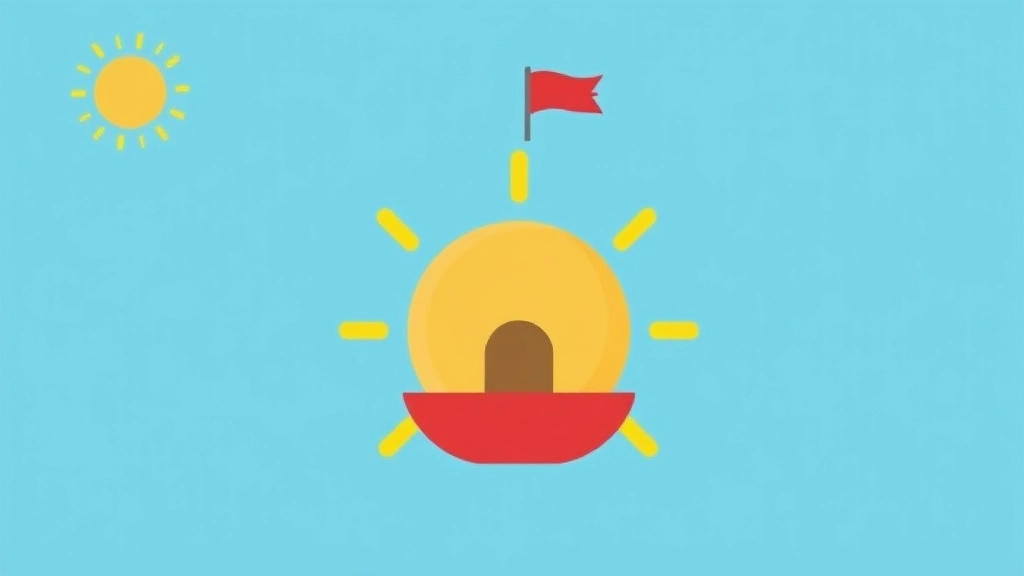
Real Talk: Where Do I Even Start?
Finding a free summer camp can feel like searching for a needle in a haystack. I get it. But don’t stress. Let’s break it down.
Step-by-Step Guide to Finding Free Summer Camps
1. Start Local
First off, hit up local resources. Your community is often a goldmine for free summer camps.
- Community Centers: These places often have bulletin boards packed with flyers.
- Local Schools: Schools sometimes offer summer programs or know of other community options.
- Public Libraries: Libraries are hubs for local events and programs.
2. Go Digital
The internet is your best friend here. A quick search can yield tons of results.
- Google Search: Type in “free summer camps near me” and see what pops up.
- Social Media: Facebook groups and local community pages are treasure troves of info.
- Online Directories: Websites like Yelp and Eventbrite can also list free camps.
3. Ask Around
Sometimes, the best info comes from word of mouth.
- Friends and Family: They might know of camps their kids have attended.
- Local Forums: Platforms like Nextdoor are great for local recommendations.
Quick Tips for a Smoother Search
- Be Specific: Use keywords like “free summer camps for teens” or “free science camps”.
- Set Alerts: Use Google Alerts to get notifications for new listings.
- Check Dates: Make sure the camp dates fit your schedule.
Example: How I Found a Free Camp
When I was searching for a camp for my niece, I started with a local community centre. They had a list of free programs, including a coding camp. A quick Google search led me to their website where I could get more details and sign up.
Why This Matters
Finding the right camp can make a huge difference in your kid’s summer. It’s not just about keeping them busy; it’s about enriching their lives.
Eligibility Criteria for Free Summer Camps
Alright, let’s get straight to it. You’re probably wondering, “Am I eligible for these free summer camps?” Good question. Let’s break it down in a way that’s easy to digest, like a chat over coffee.
What You Need to Know
First things first, eligibility criteria can vary widely depending on the camp. But don’t worry, I’ve got you covered with the common threads that most camps follow.
Age Requirements
Most free summer camps have specific age ranges. Typically, you’ll find camps for:
- Kids (5-12 years)
- Teens (13-17 years)
- Young Adults (18-21 years)
Make sure to check the exact age requirements for the camp you’re eyeing.
Income Levels
Some camps are designed for families with limited financial resources. They might ask for:
- Proof of income
- Government assistance documentation
- School lunch program eligibility
Residency Restrictions
Certain camps are only open to residents of specific areas. You might need to:
- Provide proof of address
- Show school enrolment in the local district
Special Needs and Interests
There are camps tailored for kids with special needs or specific interests. These might require:
- Medical documentation
- Interest-based essays or projects
Application Deadlines
Don’t miss out because you were late. Free camps often have:
- Early application deadlines
- Limited spots available
Real Questions, Real Answers
You might be thinking, “What if my kid doesn’t fit all these criteria?” Good news: many camps have some flexibility. Always ask if you’re uncertain.
Quick Tips
- Start Early: Begin your search and application process as soon as possible.
- Gather Documents: Have all necessary paperwork ready.
- Ask Questions: Don’t hesitate to reach out to the camp organisers for clarity.
Stories from the Trenches
I remember talking to a mum who was overwhelmed with the paperwork. She almost gave up but decided to call the camp directly. Turns out, they helped her through the process, and her son had the best summer ever. The takeaway? Don’t be afraid to ask for help.
For those interested in specialized camps, check out our guide on art summer camps for creative inspiration. If your child is into sports, you might want to explore the basketball summer camp experience to enhance their skills.
Application Process for Free Summer Camps
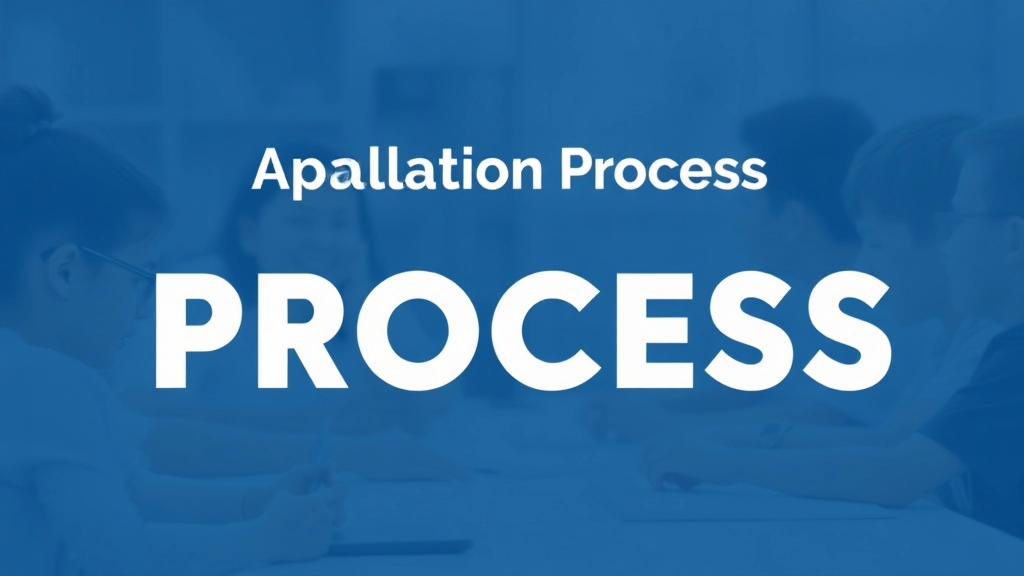
Ever wondered how to get your kids into a free summer camp?
You’re not alone.
Many parents are on the hunt for these opportunities but don’t know where to start.
Let’s break it down.
Step 1: Research and Identify Camps
First, find out what’s available.
- Local Community Centres: Check their bulletin boards or websites.
- Schools: Often have partnerships with camps.
- Online Platforms: Websites like Mumsnet or local Facebook groups can be goldmines.
Step 2: Check Eligibility
Each camp has its own criteria.
Some look at:
- Age: Make sure your child fits the age bracket.
- Location: Camps often prioritise local residents.
- Income: Some camps are specifically for low-income families.
Step 3: Gather Required Documents
Now, let’s talk paperwork.
You might need:
- Proof of Income: Pay slips or tax returns.
- Proof of Residence: Utility bills or a lease.
- Medical Records: Immunisation history, allergies, etc.
Step 4: Fill Out the Application
This is where many parents get stuck.
Keep it simple:
- Be Honest: Don’t exaggerate or leave out details.
- Meet Deadlines: Late applications often end up in the bin.
- Follow Instructions: If they ask for a PDF, don’t send a Word doc.
Step 5: Submit and Follow Up
After submitting, don’t just wait and hope.
- Confirm Receipt: Send a quick email or call to make sure they got it.
- Ask Questions: If you’re unsure about anything, just ask.
Step 6: Prepare for Acceptance or Rejection
It’s not always a yes, and that’s okay.
If accepted:
- Celebrate: Your kid’s going to have a blast.
- Prepare: Get any additional gear or info they need.
If rejected:
- Don’t Stress: Look for other options.
- Ask for Feedback: It might help next time.
Getting into a free summer camp can seem like a maze, but with these steps, you’re on the right path.
Benefits of Attending Free Summer Camps
Ever wondered if free summer camps are worth it? Are they just a way to keep kids busy, or do they offer real value? Let’s break it down.
Why Consider Free Summer Camps?
Free summer camps aren’t just about filling up the calendar. They’re packed with benefits that can make a real difference. Here’s why you might want to consider them:
Skill Development
Kids can learn a ton:
- Social Skills: Interacting with peers and making new friends.
- Problem-Solving: Tackling challenges in a fun environment.
- Leadership: Taking charge of group activities.
Exposure to New Interests
Camps often offer:
- Variety of Activities: From arts and crafts to sports.
- New Experiences: Trying things they might not have access to elsewhere.
Building Confidence
Nothing beats the feeling of:
- Accomplishing Goals: Completing a project or winning a game.
- Stepping Out of Comfort Zones: Trying new things and succeeding.
Physical Activity
In a world of screens, camps provide:
- Active Play: Running, jumping, and playing outside.
- Healthy Habits: Learning the importance of staying active.
Academic Enrichment
Some camps focus on:
- STEM Activities: Engaging with science and technology.
- Creative Arts: Enhancing creativity and expression.
Real Stories, Real Impact
Let’s chat about Sarah. She attended a free summer camp last year and discovered her love for painting. Now, she’s considering art school. It’s stories like these that show the true value of these experiences.
How to Make the Most of It
Choosing the right camp is key. Here are some tips:
- Research: Look into the camp’s focus and offerings.
- Visit: If possible, visit the camp beforehand.
- Ask Questions: Talk to camp leaders about safety and supervision.
Stay Safe and Supervised
Safety is a biggie. Camps provide:
- Trained Staff: Professionals who know how to handle kids.
- Structured Environment: Clear rules and schedules.
FAQs About Free Summer Camps
Got questions? You’re not alone:
- Are they really free? Yes, many are funded by community organisations.
- What about meals? Some camps provide meals; check with the organisers.
Tips for Choosing the Right Free Summer Camp
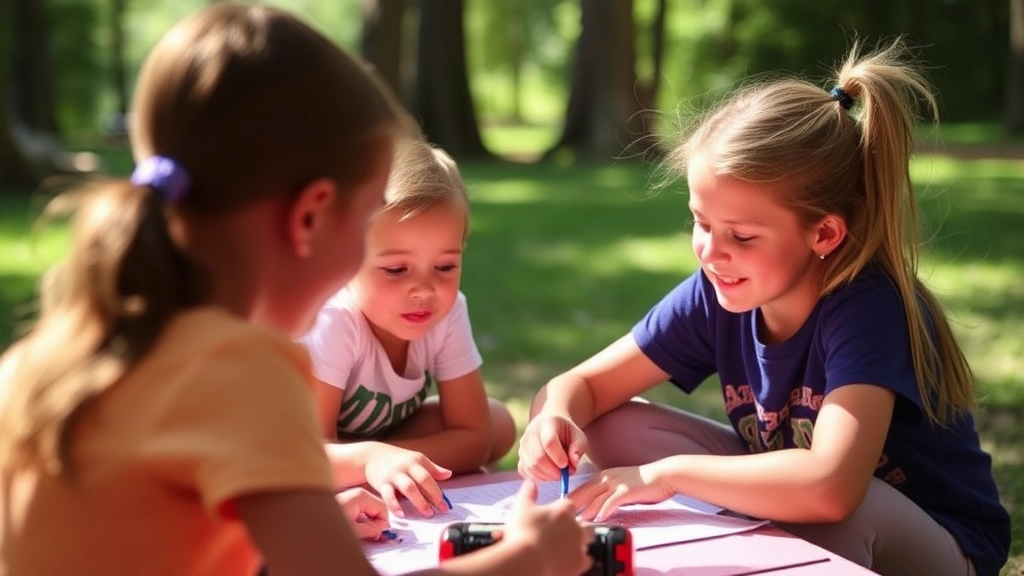
Alright, so you’re thinking about free summer camps. Great idea! But how do you pick the right one? Let’s dive into some no-nonsense tips to help you out.
What’s Your Kid Into?
Before anything else, figure out what your child enjoys. Are they into sports? Arts? Science? Knowing this will narrow down your options big time.
Check the Camp’s Reputation
You don’t want to send your kid to just any camp. Look up reviews. Ask other parents. Word of mouth is powerful.
Location, Location, Location
How far is the camp from your home? A camp too far away might be a hassle. Look for something within a reasonable distance.
Safety First
This is a biggie. Check the camp’s safety protocols. Do they have certified staff? What about medical facilities? You want peace of mind, right?
Schedule and Activities
Look at the camp’s daily schedule. Are the activities varied and engaging? You don’t want your child bored out of their mind.
Cost Hidden in “Free”
Sometimes “free” comes with hidden costs. Check if you need to pay for materials, transport, or meals. No surprises, please.
Trial Sessions
Some camps offer trial days. Take advantage of these. It’s a great way to see if the camp is a good fit.
Testimonials and Success Stories
Look for testimonials. Parents love to share their experiences. Positive stories can be a good sign.
Ask Questions
Don’t be shy. Ask the camp organisers anything you’re unsure about. Better to know now than regret later.
Trust Your Gut
At the end of the day, trust your instincts. If something feels off, it probably is. Go with your gut feeling.
Testimonials and Success Stories from Free Summer Camps
So, you’re thinking about sending your kid to a free summer camp but you’re not sure if it’s worth it? I get it. You want to know if it’s the real deal or just another overhyped program. Let’s dive into some real testimonials and success stories from free summer camps that might just give you the nudge you need.
Real Questions Parents Have
- Will my child actually benefit from this?
- Is it safe?
- What kind of impact will it have on their future?
These are legit concerns. So, let’s get into what parents and kids are saying about their experiences.
Success Stories from Happy Campers
Sarah’s Transformation
Sarah was a shy 10-year-old who barely spoke in class. Her mum was worried that she’d never come out of her shell. After attending a free summer camp focused on performing arts, Sarah found her voiceâliterally. She performed in a play, made new friends, and even started participating more in school. Today, she’s a confident teenager who loves public speaking.
Tom’s Tech Journey
Tom always had a knack for gadgets but never had the resources to explore his interest. A free tech camp changed that. He learned coding, built his first app, and even won a local competition. Now, Tom is considering a career in software development, and it all started with that one summer camp.
What Do Parents Say?
Jane, Mother of Two
“I was sceptical at first, thinking ‘free’ meant low quality. But I was wrong. The camp counsellors were amazing, and my kids had the time of their lives. They came back more confident and with new skills. I couldn’t be happier.”
Mark, Dad of a Teenager
“My son was glued to his video games all day. The free summer camp got him out of the house and into nature. He learned survival skills and made new friends. Now, he’s more active and even joined the school’s hiking club.”
Why These Stories Matter
These testimonials aren’t just feel-good stories. They highlight the real, tangible benefits that free summer camps can offer. We’re talking about:
- Confidence building
- Skill development
- Social interaction
What Makes These Camps Effective?
- Quality Programs: Despite being free, many of these camps offer top-notch activities and learning opportunities.
- Dedicated Staff: The counsellors and instructors are often passionate about what they do, making a huge difference in the kids’ experiences.
- Diverse Activities: From arts to tech to outdoor adventures, there’s something for everyone.
Common Activities and Programs Offered at Free Summer Camps
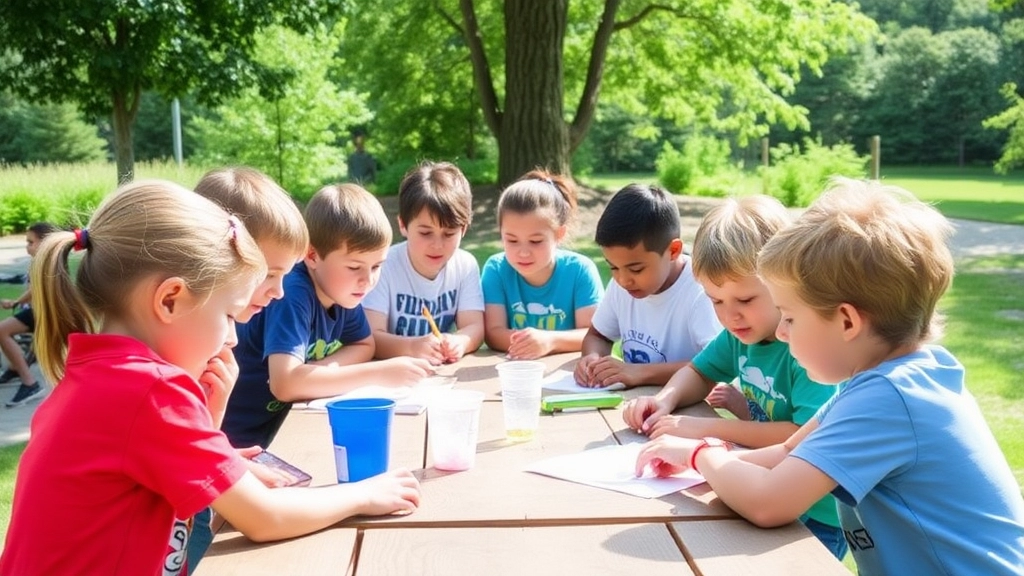
Ever wondered what kids actually do at free summer camps?
It’s a fair question.
We all want to know if our kids are just going to be sitting around, or if they’re actually going to have a blast and learn something.
Spoiler alert: They’re going to have a blast.
Adventure Activities
First off, let’s talk about adventure.
Think rock climbing, canoeing, zip-lining, and hiking.
These activities aren’t just fun; they help build confidence and resilience.
Creative Arts
Got a budding Picasso or Shakespeare at home?
Free summer camps often have creative arts programs.
- Painting
- Sculpting
- Drama
- Music
These activities let kids express themselves and discover hidden talents.
Sports and Fitness
Sports are a big deal at these camps.
Whether it’s football, basketball, swimming, or even yoga, there’s something for every sports enthusiast.
Physical activities keep kids healthy and teach teamwork and discipline.
STEM Programs
Yes, even free summer camps are getting in on the STEM action.
- Robotics
- Coding
- Science experiments
These programs make learning fun and keep those brain cells buzzing during the summer break.
Life Skills Workshops
We all want our kids to be well-rounded, right?
Many camps offer life skills workshops.
- Cooking classes
- Financial literacy
- First aid training
These are practical skills that will serve them well beyond camp.
Environmental Education
Let’s not forget about Mother Earth.
Some camps focus on environmental education.
Kids learn about conservation, recycling, and how to be eco-friendly.
Social Activities
Last but not least, the social aspect.
Camps are a great place to make friends.
There are talent shows, campfires, and group games that help kids bond and create memories.
Why It Matters
So, why are these activities important?
Because they offer a balanced mix of fun, learning, and personal growth.
Your kids aren’t just killing time; they’re growing, learning, and having the time of their lives.
And that’s what makes free summer camps so special.
Thinking about signing up?
Trust me, it’s worth every second.
Your kids will thank you, and you’ll see the benefits long after summer ends.
Ready to dive in?
Check out the other sections on how to find the perfect free summer camp and what you need to know before applying.
Let’s make this summer unforgettable.
Safety and Supervision in Free Summer Camps
Alright, let’s get real here. As a parent, you’re probably asking, âHow safe is this free summer camp, really?â or âWill my child be properly supervised?â These are the questions that keep us up at night, right? Well, let’s dive into it.
Why Safety and Supervision Matter
First off, safety and supervision are the backbone of any successful summer camp. It’s not just about having fun; it’s about ensuring your child comes back home in one piece, both physically and emotionally. Here’s what you need to know:
Trained Staff and Counselors
The best free summer camps don’t skimp on training. They ensure that their staff and counselors are well-prepared to handle any situation. We’re talking:
- First Aid and CPR Certification: This is non-negotiable. Every staff member should know how to respond in an emergency.
- Background Checks: Camps should conduct thorough background checks on all employees to ensure they’re fit to work with children.
- Specialized Training: Depending on the camp’s focus, staff might receive additional training in areas like conflict resolution, child psychology, or even wilderness survival.
Camp Policies and Procedures
A solid camp will have clear policies and procedures in place. These are the rules that keep everyone safe and sound. Look for camps that:
- Have a Clear Ratio of Campers to Staff: A lower ratio means more individual attention and better supervision.
- Enforce Strict Sign-In/Sign-Out Procedures: This ensures that only authorized individuals can pick up your child.
- Maintain Open Lines of Communication: You should be able to reach camp staff at any time for updates or concerns.
Real-Life Example
Let me share a quick story. Last summer, my friend’s kid attended a free summer camp with a stellar reputation for safety. One day, during a hiking trip, a camper twisted their ankle. The staff immediately sprang into action. They had a first aid kit on hand, and within minutes, the child was receiving the care they needed. The camp director called the parents right away, keeping them in the loop. That’s the kind of proactive, transparent approach you want in a camp.
Activities and Equipment Safety
It’s not just about the people; it’s also about the activities and equipment. Camps should:
- Regularly Inspect Equipment: Whether it’s sports gear, climbing ropes, or swimming pools, everything should be in top-notch condition.
- Provide Safety Gear: Helmets, life jackets, and other safety equipment should be readily available and mandatory during certain activities.
- Offer Age-Appropriate Activities: Younger kids shouldn’t be doing the same high-risk activities as older teens. Camps should tailor activities to different age groups.
Supervision During Activities
Now, let’s talk about supervision during activities. This is where the rubber meets the road. Good camps will:
- Assign Specific Staff to Each Group: This ensures that each group of kids has dedicated supervision.
- Use the Buddy System: Kids are paired up to look out for each other, adding an extra layer of safety.
- Conduct Regular Headcounts: Frequent headcounts help ensure that no one goes missing during activities.
Final Thoughts
So, there you have it. When it comes to free summer camps, safety and supervision are paramount. From trained staff to stringent policies and well-maintained equipment, it’s all about creating a secure environment where kids can have fun and parents can have peace of mind. Remember, a safe camp is a happy camp. Always do your homework and ask the tough questions. Your child’s safety is worth it.
If you’re looking for camps that prioritize safety, check out our guide on fun and safe programs for kids. For those interested in sports, our top summer sports camps in Jacksonville, FL are a great option.
Frequently Asked Questions about Free Summer Camps
Alright, let’s dive into some of the most common questions about free summer camps.
How do I find free summer camps near me?
Great question. Start with a quick Google search using terms like “free summer camps” followed by your location. Check out local community centres, libraries, and schools.
Are free summer camps really free?
Yes, they are. But, always read the fine print. Some camps might have small fees for certain activities.
What are the eligibility criteria?
Every camp has its own set of rules. Generally, they consider:
- Age
- Residency
- Income level
- Special needs
When should I apply?
The sooner, the better. Many camps have limited spots and fill up quickly. Aim to apply as soon as applications open.
What activities do free summer camps offer?
Think of everything from sports and arts to tech and nature explorations. Each camp has its own flavour. For a deeper dive into the variety of activities, check out our fun and safe programs for kids.
Is my child safe at a free summer camp?
Absolutely. Safety is a top priority. Camps follow strict guidelines and have trained staff to ensure a secure environment. Learn more about safe environments and fun activities at summer camps.
Can my child attend more than one free summer camp?
Yes, as long as the schedules don’t overlap. It’s a great way to keep them engaged all summer.
What should my child bring to camp?
Most camps will provide a packing list. Essentials usually include:
- Comfortable clothing
- Water bottle
- Sunscreen
- Any required medication
What if my child has special needs?
Many camps cater to children with special needs. Always check with the camp to ensure they can accommodate your child’s requirements.
Can parents volunteer at the camp?
Many camps welcome parent volunteers. It’s a great way to stay involved and see what your child is up to.
How do I know if a camp is reputable?
Look for reviews and testimonials. Ask around in your community. A good reputation goes a long way.
Are there any hidden costs?
Free usually means free, but always double-check. Some camps might charge for specific activities or field trips.
What if my child doesn’t like the camp?
Most camps have a trial period. If it’s not a good fit, you can usually withdraw without any issues.
How can I prepare my child for camp?
Talk to them about what to expect. Pack together and make sure they’re excited and comfortable.
What if my child has dietary restrictions?
Inform the camp ahead of time. Most are well-prepared to handle various dietary needs.
Can siblings attend the same camp?
Often, yes. But it depends on the camp’s age range and capacity.
There you go. These are the questions that pop up the most. Got more? Feel free to ask around or drop a comment below. Finding the right free summer camp can be a game-changer for your child. So, get out there and explore your options!
FAQs About Free Summer Camps
Where can I find free summer camps in my area?
Start by checking local resources such as community centers, schools, and public libraries. You can also use online tools like Google searches, social media, and online directories such as Yelp and Eventbrite.
What should I consider when choosing a free summer camp?
Think about your child’s interests, the camp’s reputation, location, safety protocols, daily schedule, and any hidden costs. Also, look for testimonials and consider attending trial sessions if available.
What activities are typically offered at free summer camps?
Common activities include adventure activities (rock climbing, canoeing), creative arts (painting, drama), sports and fitness, STEM programs (robotics, coding), life skills workshops (cooking, financial literacy), environmental education, and social activities (campfires, group games).
How do I apply for a free summer camp?
First, research and identify camps. Check the eligibility criteria, gather required documents, fill out the application accurately, and submit it on time. Follow up to ensure your application was received and ask any questions you may have.
What documents are usually required for the application?
Commonly required documents include proof of income (pay slips, tax returns), proof of residence (utility bills, lease), and medical records (immunization history, allergies).
What should I do if my application is rejected?
Don’t stress. Look for other options and consider asking for feedback to improve your chances next time.
How important is it to check the camp’s safety protocols?
Very important. Ensure the camp has certified staff, proper medical facilities, and clear safety procedures to give you peace of mind.
Are there any hidden costs in free summer camps?
Sometimes. Check if you need to pay for materials, transport, or meals to avoid surprises.
How can I ensure my child will enjoy the camp?
Choose a camp that aligns with your child’s interests and check reviews or testimonials from other parents. Consider attending trial sessions if the camp offers them.
What should I do after submitting the application?
Confirm receipt by sending a quick email or making a call. Ask any questions you have and prepare for either acceptance or rejection.
Why is it important to find the right summer camp?
Finding the right camp can enrich your child’s summer by providing a balanced mix of fun, learning, and personal growth. It’s not just about keeping them busy; it’s about enriching their lives.

